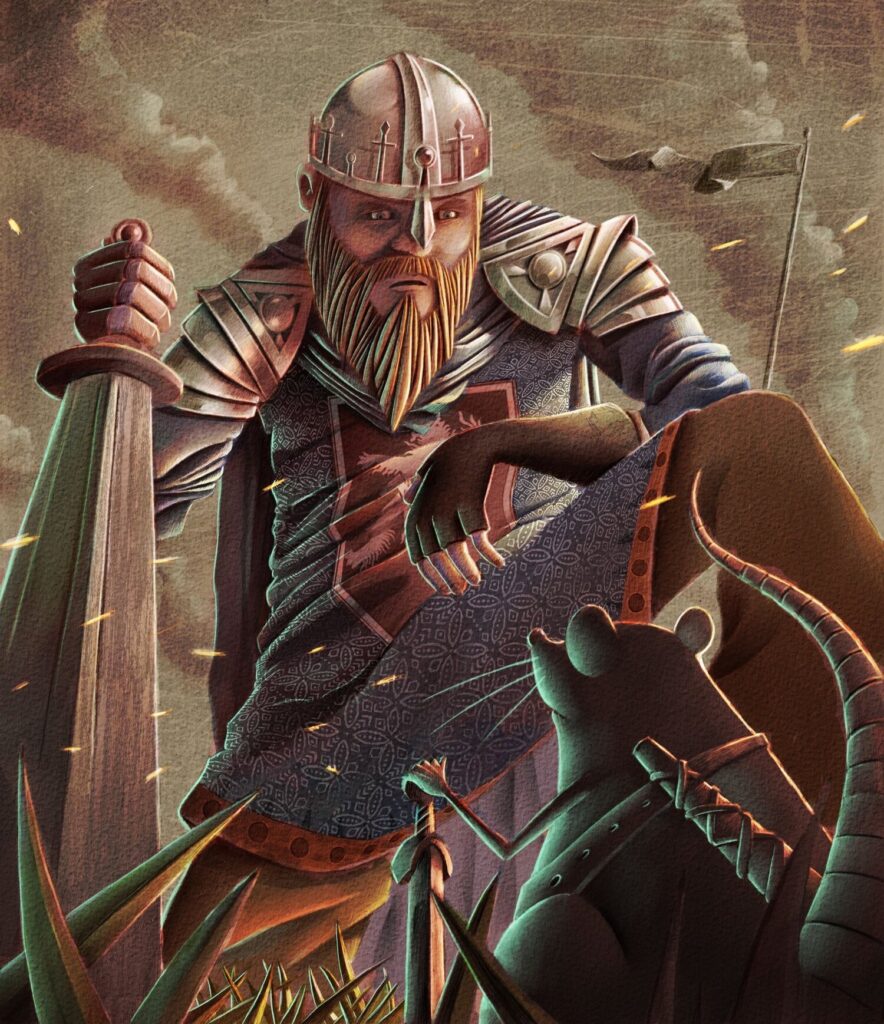I listened to an excellent lecture today, and with acknowledgement to Eric Castleman, who gave the lecture, I’d love to share with you – reinterpreted for writers – his wise advice.
He didn’t know that he was an artist from the jump. He liked art and dove in – he is entirely self-taught. You can find his work here – and check it out because it’s wonderful, and he has a couple of lovely images available for sale. By being self-taught and deciding that this was his chosen path, he made his own plan for how to become a working artist/illustrator, so here are his reinterpreted “rules”.
By the way, Eric gave his permission for me to display his images – aren’t they amazing?
Eric’s Plan For Becoming a Pro (Reinterpreted for Writers)
- Write for one hour each day for a year.
That’s pretty reasonable, right? One hour, carved out of each day, is not a lot. But here’s the thing: I know from experience that if I set out to write for an hour, that (unless there are monumental things happening) that hour will turn in two or three or…
And it’s the dedication to even an hour of working time that creates space for growth and inspiration.
- Share one thing you’ve written each week, with someone.
Critique partner. Teacher. Friend. Family member. If you know you’ll share it, you’ll work harder on it to avoid feeling embarrassed. In Eric’s case, he shared his art online (which I don’t recommend for writing), but find someone to share with. I have two critique partners I trust for feedback, and with them in mind, I keep my hand on the tiller.
- Study writing as if you know nothing about writing.
We can always learn something new, and if we have open minds about it, there’s always a craft technique or new approach that can blow our skillset wide open.
- Finish one full novel within one year.
Eric made himself finish 15 portfolio-ready illustrations in a year. Maybe you can write even more than one novel. Or finish and revise one novel. Or write ten short stories. Or 15 picture books. Challenge yourself. Make deadlines to keep yourself going.
- DO NOT QUIT.
More than talent, in my opinion, is staying with the work. Perseverance and persistence are the two qualities any artist needs in order to succeed.
Bonus Lesson(s)
Eric also said that he has tried to find his own style. Everyone’s style is unique. So Eric’s reinterpreted advice I would give to writers –
Lean into what you are good at. If you love romance, go all in for love. If science fiction, bring on the warp speed. Find your writing voice, and the subject matter that stirs your heart, and lean in.
And finally, Eric suggested that there is nothing new under the sun (so true) including no new stories, no new ideas. So go ahead – “steal”. No artist creates in a vacuum; we are all products of history. When I started out, I faithfully retyped full pages of other writers’ work. Not to steal it but to feel it – the cadence, the rhythm, the voice, the tone, the diction and syntax. Study the work of masters, see how they handle the difficult things. If you need writing inspiration or are feeling stuck, read someone else’s work.
So thanks, Eric, for letting me “steal” your terrific ideas.


